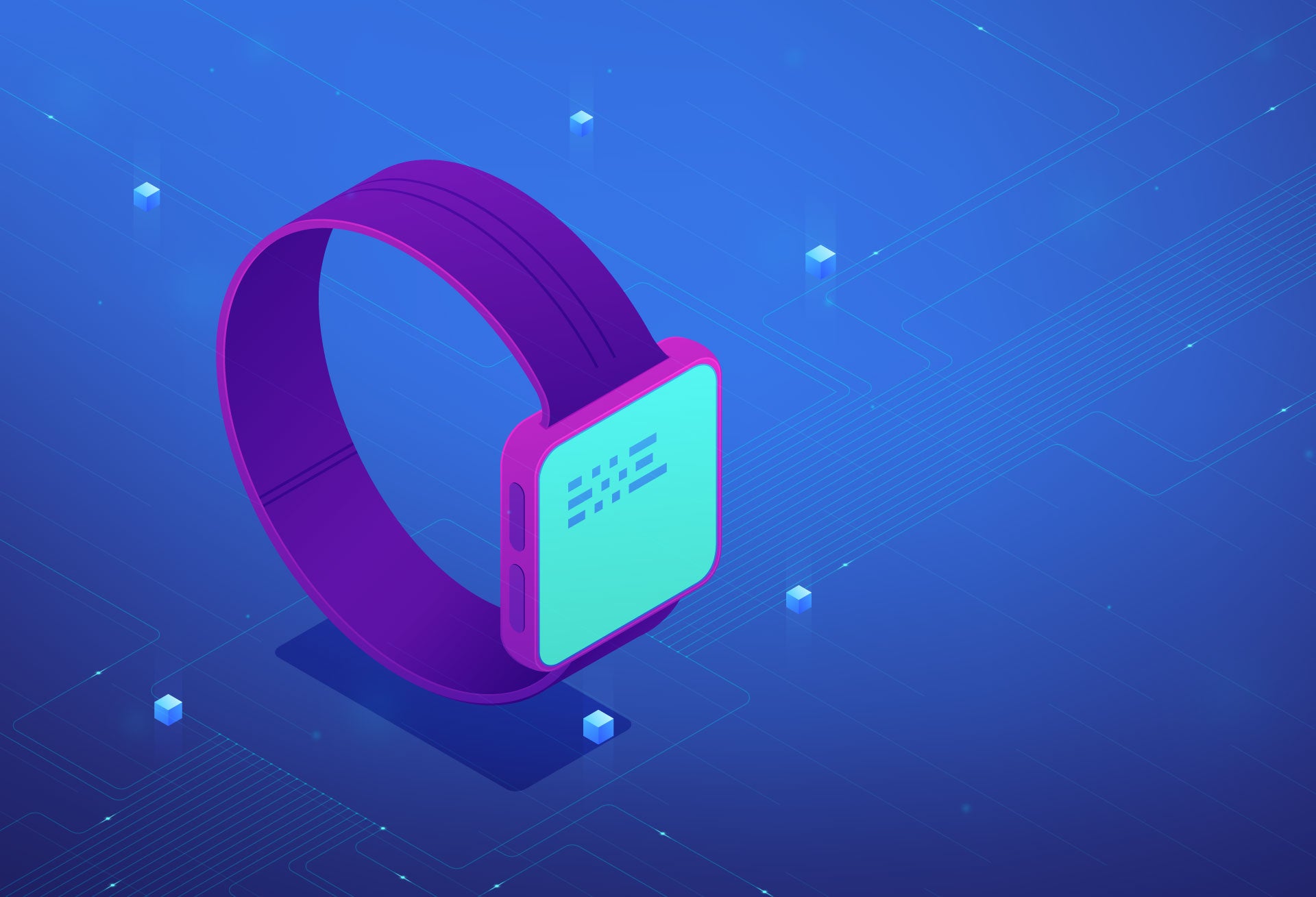
Expo 2020 Dubai has completed the first phase of a programme to monitor worker health on construction sites using wearable technology.
The programme entails the use of a wrist-strap, supplied by US-based sports and analytics company Whoop, which allows users to monitor health indicators and issues a weekly health summary for each participant.
The Whoop Straps have been adapted to the needs of construction workers, with a bespoke charging and syncing system devised to collect data daily during their lunch breaks, and printed reports provided to all participants in several languages.
More than 5,500 workers volunteered for the 30-month programme at the expo site, which began in October 2017. A total of 153,785 worker progress reports have been issued to participants.
Wearable health screening
In tandem, medical experts from Expo 2020’s on-site emergency centre carried out 1,467 preventative screenings for workers whose reports highlighted potential underlying conditions. Appropriate treatment was provided as needed.
“Given the number of workers on site, this programme is unique – we have not come across any other project that tracks human physiology on this scale,” says deputy chief operations officer at Expo 2020, Rashid Mohammed: “The data gathered will form part of the legacy that Expo 2020 leaves the world, taking us one step closer to predictive models that can save lives.”
How well do you really know your competitors?
Access the most comprehensive Company Profiles on the market, powered by GlobalData. Save hours of research. Gain competitive edge.

Thank you!
Your download email will arrive shortly
Not ready to buy yet? Download a free sample
We are confident about the unique quality of our Company Profiles. However, we want you to make the most beneficial decision for your business, so we offer a free sample that you can download by submitting the below form
By GlobalDataThe devices collected data measurements in three categories: effort, sleep and recovery. Factors such as heart rate variability, resting heart rate and sleep autodetection were collated.
More than 13 terabytes of data have been collected, forming the basis for research by academics from the University of Sharjah. The research focuses on cardiovascular health and sleep disorders, with the aim being to ensure the well-being of construction workers at construction sites and mega-events in the future.
Academic findings of the Worker Wellness Programme’s first phase are due to be released later in 2020.
A second phase will begin in 2021, using wearable wellness technology to monitor the health and well-being of workers during the six months of Expo 2020, which runs from 1 October 2021 to 31 March 2022.




Related Company Profiles
Whoop Inc